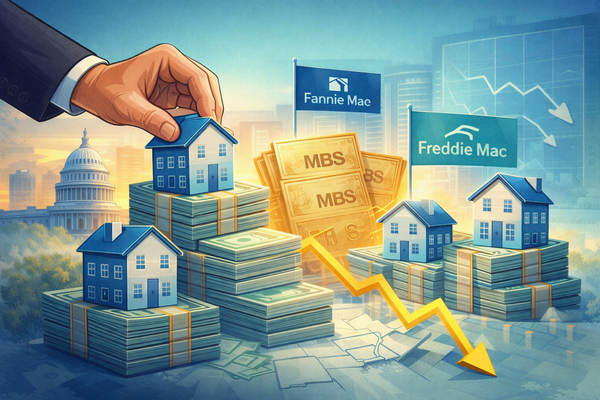Don't Sell Blind: Learn to Assess Your Home's True Worth

As a homeowner, it is always important to know the current value of your home. It allows owners to make crucial decisions like: Is now the time to sell? Can I refinance? How much will my property taxes be? How much can my purchase be on my next home? Many borrowers have no idea what the value of their home is or how to calculate it. Below, I will give you a few different ways to find your home value so that you can make the best decision.
1. Use an online valuation tool: Many lenders and real estate sites offer a simple-to-use, quick way to generate your estimated home value. If you need a quick estimate, I suggest this method; however, this method can sometimes be inaccurate. These automated valuation models or AVM sites use public records like property transfers, deeds of ownership, and tax assessments to spit out an estimated value for your home. These sites try and do this to generate leads, and even when they have limited amounts of data, they still generate a number, making them unreliable in most cases. In addition, especially in up-and-coming markets, the data is not fully updated or does not account for any recent renovations, expansions, and recent development or increased population of an area.
2. Hire a professional appraiser: Property appraisers are used by lenders to approve a mortgage but also can be used by some owners to get a current estimate of their home, especially in the case of a refinance. Appraisers use the current condition of your home, neighborhood, market conditions, and comparably priced homes in your area to get an accurate estimate.
3. Comparative Market Analysis: Comparative Market Analyses or CMAs are usually performed by Realtors and are the most common approach for homeowners in valuing their home. Most of the time, they are free. CMAs use recently sold property data in the area to generate accurate home value estimates. Where most people go wrong is when they take homes that are not like the ones they are valuing. You want to find homes of the same size, in the same location, and close to the same quality. They also want to make sure that these sales are recent to reflect the current state of the market best. If there are not a lot of recently sold homes that are similar, listed homes can also be used even though these will not be as accurate. Once you find three or more homes like yours, you must adjust the prices based on the differences between your home and the comparable. For example, if the comparable property has four bedrooms and yours has three, then you would have to subtract the value of a bedroom in that current market from the comparably sold price. If your property has a pool and the comparable does not, you can add the pool's value to the comparable property price. Most of the time, these estimates are not to the exact dollar, but they will generate a very close number that can give the homeowner a very close idea of what their home is worth.
I always encourage everyone to research, know their equity, and be knowledgeable about everything they can control. Because some people and services can provide these answers, it is always best to know how to do things yourself. A home is a significant investment, and it is essential to treat it as such.
For a home valuation, give me a call at 561-371-5143!
Kyle Camerlinck





